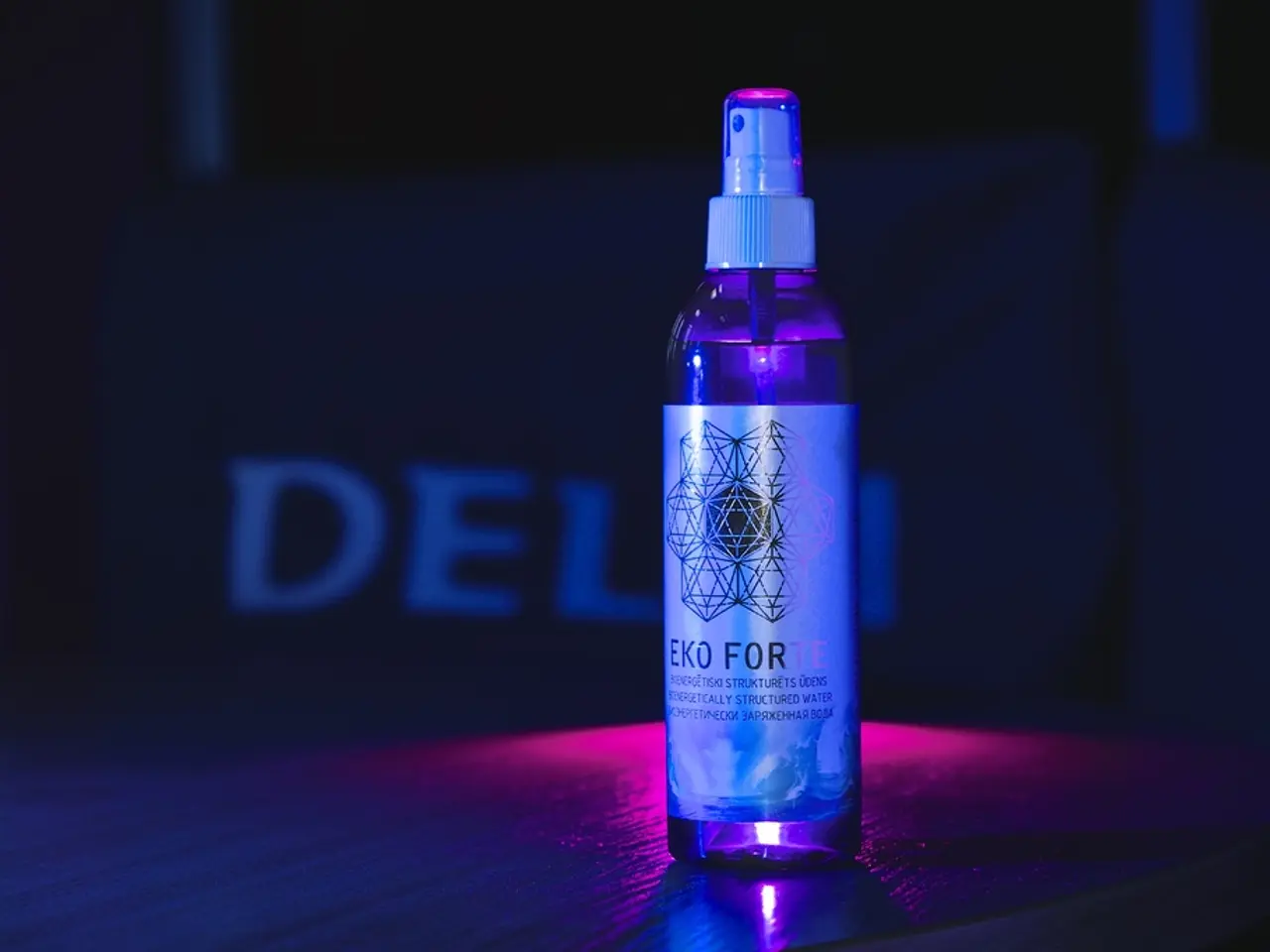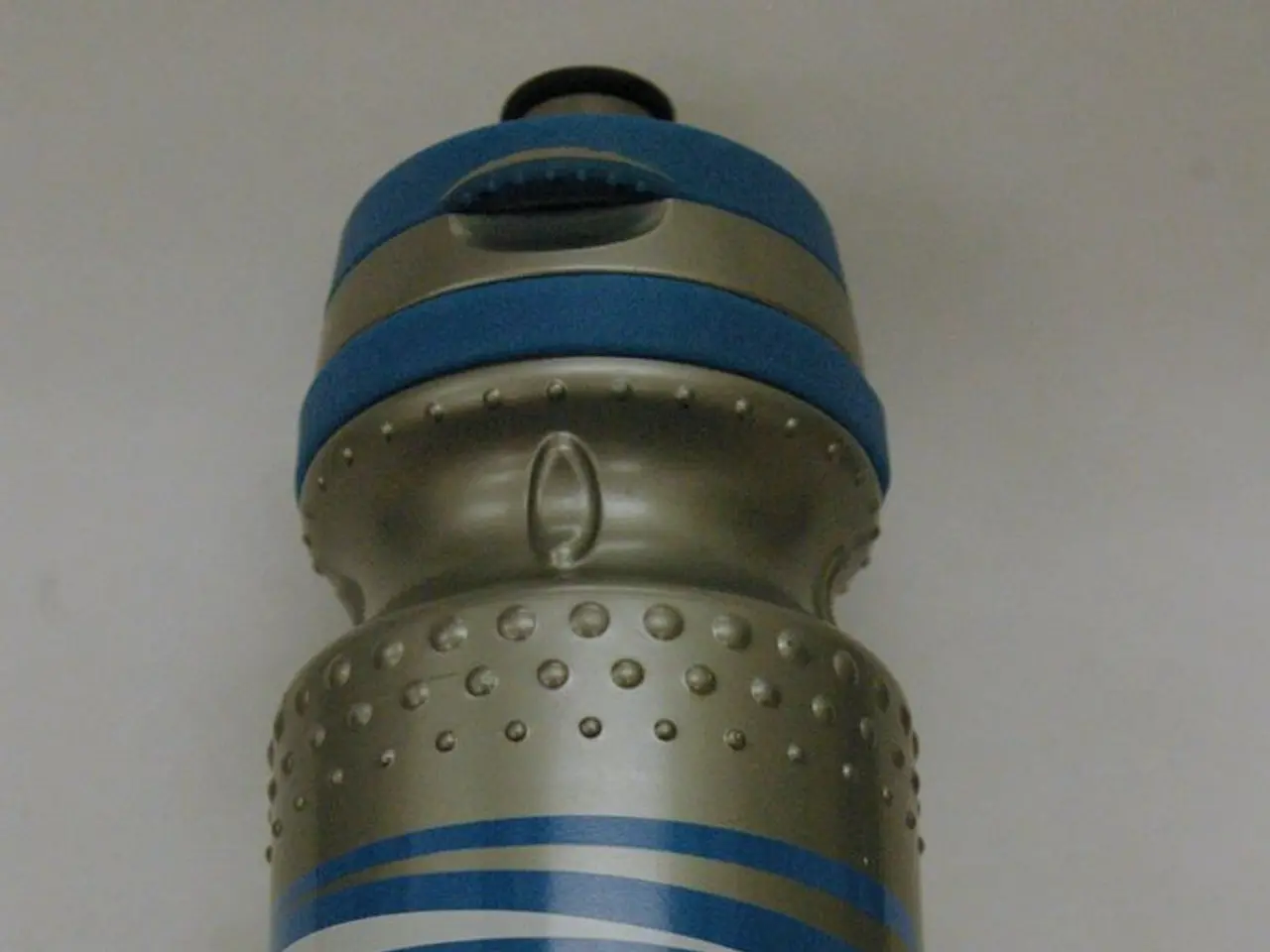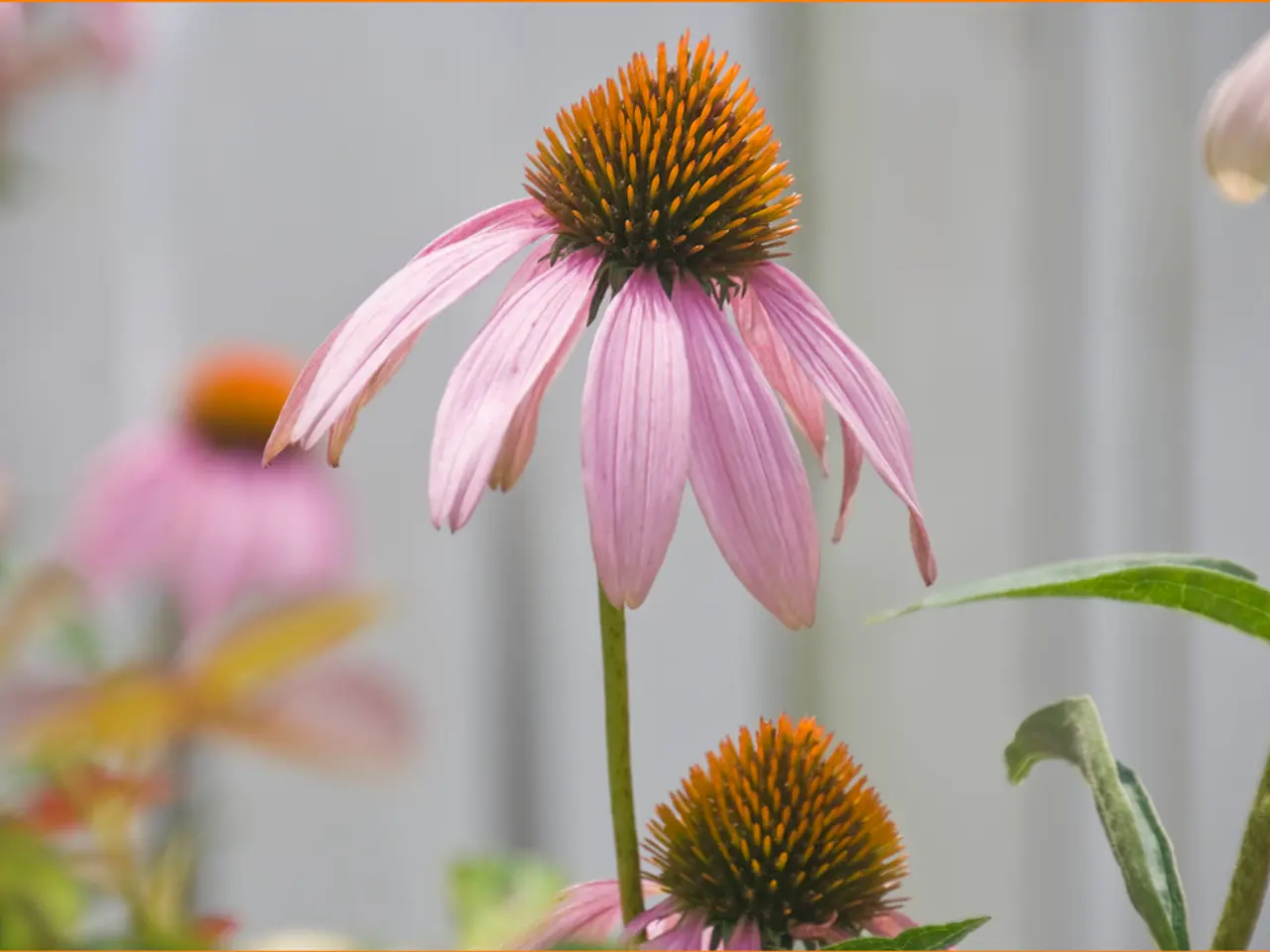Are Natural Antidepressants a Reliable Option or Merely a Baseless Claim?
In the realm of natural remedies, a growing interest lies in the use of dietary supplements and herbal products as alternatives to standard antidepressants. However, it's crucial to approach these alternatives with caution, as the safety and efficacy of many natural antidepressants remain uncertain.
Recent large reviews of clinical trials have shed light on several substances that show promise as natural antidepressants. Among them, saffron and vitamin D stand out with strong scientific evidence. These two substances have demonstrated significant potential in reducing depressive symptoms, similar to those seen with prescription antidepressants.
Saffron, a spice known for its culinary uses, has shown effects on reducing depressive symptoms in multiple trials. A substantial number of studies support its efficacy, making it a promising natural antidepressant.
Similarly, vitamin D, essential for bone health and immune system function, has also demonstrated a likelihood to reduce depressive symptoms compared to placebo in a number of well-conducted trials.
Zinc and lavender, while showing promise, currently have only emerging and more limited evidence. Zinc has displayed some antidepressant and neuroprotective activity, but more research is needed to confirm its effects. Lavender, on the other hand, has shown effects on neurotransmitter modulation and potential benefits, but evidence is still limited to fewer trials and requires further study.
Bitter orange, in contrast, has less supporting evidence and is not among the products identified with strong or emerging proof of antidepressant effects.
In summary, saffron and vitamin D are scientifically supported natural antidepressants, while zinc and lavender have promising but less definitive evidence. It's essential to note that natural antidepressants are not FDA-approved to treat or prevent any disease or condition, including depression.
When considering any dietary supplement or herbal medicine, it's always worth speaking to a doctor. The lack of standardization in the specific products, extracts, and dosages tested makes it difficult to convincingly pinpoint what exactly is effective in natural antidepressants. Moreover, there's a risk of drug interactions, making it essential to speak to a doctor before taking them, particularly if someone is already taking other medicines.
The content of this article is not intended to be a substitute for professional medical advice, diagnosis, or treatment. Always seek the advice of qualified health providers with questions you may have regarding medical conditions.
[1] Reference for the large reviews of clinical trials [2] Reference for the scoping review identifying 209 trials that evaluated the use of dietary supplements and herbal medicines for depression [3] Reference for the trials investigating St John's wort, omega-3s, vitamin D, lavender, Rhodiola, chamomile, magnesium, zinc, rosemary, basil, lotus seeds, probiotics, and other herbs and supplements promoted as natural antidepressants.
- The realms of science and health-and-wellness have revealed saffron and vitamin D as natural substances with strong scientific evidence supporting their potential as antidepressants.
- Several dietary supplements and herbal products, such as zinc and lavender, show promise as natural antidepressants, but currently have only emerging and more limited evidence.
- It's crucial to approach natural medicines as alternatives to standard antidepressants with caution, as the safety and efficacy of many remain uncertain, including bitter orange, which has less supporting evidence.
- When considering any dietary supplement or herbal medicine as a treatment for depression, it's imperative to seek professional medical advice, as the specific products, extracts, and dosages tested can pose risks of drug interactions.




